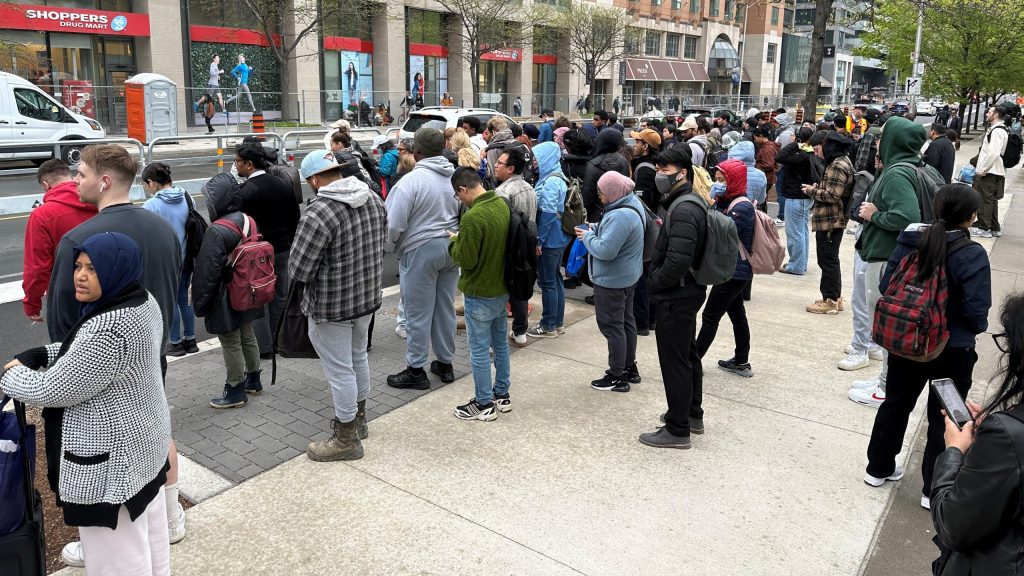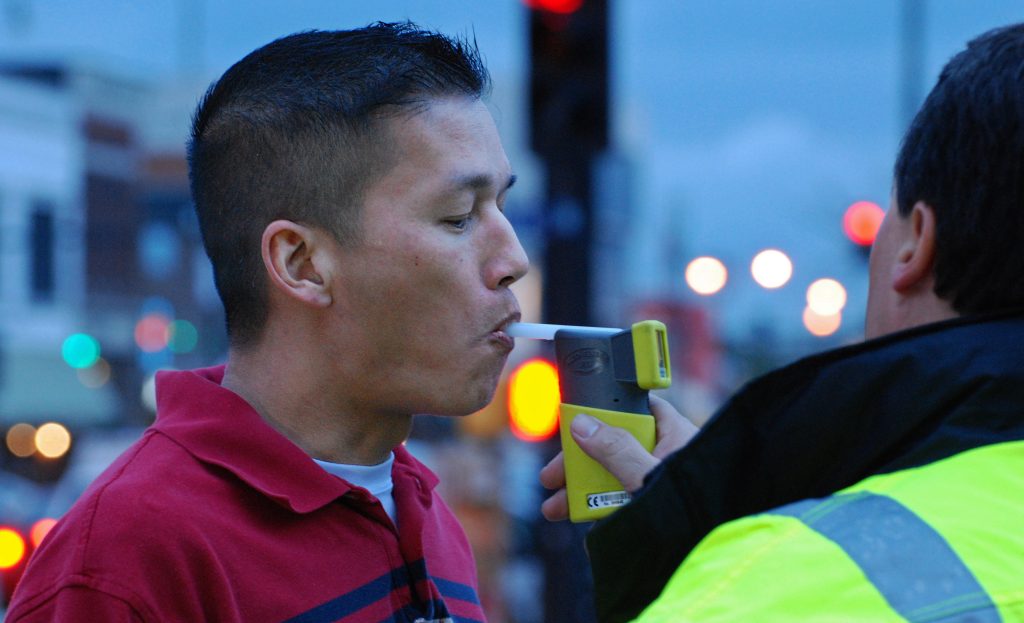Carpenter building shelters for Toronto’s homeless asks city to drop legal battle

Posted February 23, 2021 3:40 pm.
Last Updated February 23, 2021 7:37 pm.
A Toronto carpenter, known for building small wooden shelters for the vulnerable, is asking the city to shift its focus from filing injunctions against him to creating long-term solutions to the homeless crisis.
“The City of Toronto should drop its application against me and focus its resources and efforts on what matters – getting people safely housed,” said Khaleel Seivwright in a video statement posted on his Instagram page on Monday.
The statement was in response to the injunction application filed by the city with the Superior Court of Justice on Feb. 12.
The city confirms they have applied for the injunction in an effort to “stop those building unsafe wooden structures and illegally depositing them on City property, including in parks and on city rights-of-way,” as stated in a media release published last Friday.
Seivwright is named in the application and the order would restrain Seivwright from placing or relocating structures on city-owned land.
“The problem is not the tiny shelters. The problem is that Toronto’s most vulnerable people are falling through the cracks,” said Seivwright in the video. He says that the shelters are a small part of a temporary solution to keep people alive until they can access alternative housing.
In anticipation of the cold winter months in a city with a struggling shelter system only worsened by the pandemic, Seivwright created a GoFundMe page in September, raising more than $200,000 for materials alongside his free labour for his idea.
“I knew that without shelter people would die, as they do in Toronto every year. I started building tiny shelters so that some of the most vulnerable could have somewhere warm to go,” said Seivwright.
In response to the influx of homeless encampments, Seivwright and other advocates have been sounding the alarm about limited shelter space for the past year.
“For those who call into the shelter system over and over and can’t find a safe place to sleep. People who rely on the shelter system no longer trust it. The city’s reputation is terrible when it comes to providing safe and available shelters,” he said.
According to the city, the encampments are a safety hazard, not only for those living there, but for first responders and the surrounding community.
“In 2020, Toronto Fire Services responded to 253 fires in encampments – a 250 per cent increase over the same period in 2019. So far this year, there have been 27 fires in encampments,” said the city in a release.
“There are numerous safety risks that exist in encampments including fires, gasoline generators, propane tanks, overdose, and lack of access to water and sanitation.”
The city also cited the death of a homeless male living in a wooden shelter structure that caught fire last Wednesday in downtown Toronto as an example of these safety risks.
The city estimates that the 6,000 people stay in shelters on any given night, stressing the solution is bringing people indoors.
Since last spring, in an effort to reduce the population in its shelters, the city has been relocating those in need of housing to mainly shared living spaces.
“The city remains focused on the safety of those in encampments and referring clients sleeping outdoors into safe indoor spaces including shelter programs, hotel spaces and housing options with supports as space becomes available,” read a release.
While Toronto has witnessed the increase of tents in communities as a symptom to the housing crisis, a recent study reveals the chronic health symptoms impacting Ontario’s homeless population as a result of COVID-19.
The study conducted by the Lawson Research Institute and the Institute for Clinical Evaluative Sciences (ICES) shows that at the height of the pandemic’s first wave, people experiencing homelessness were over 20 times more likely to be hospitalized, over 10 times more likely to be admitted to the ICU and over five times more likely to die within 21 days of their first positive test.
“This pandemic has highlighted health inequities that exist across the globe. For persons experiencing homelessness, high population density in shelters and high rates of morbidity has put them at increased risk from COVID-19,” says Dr. Salimah Shariff, senior author on the study and ICES scientist. “Our findings illustrate that the pandemic has taken a heavy toll on this vulnerable population.”










